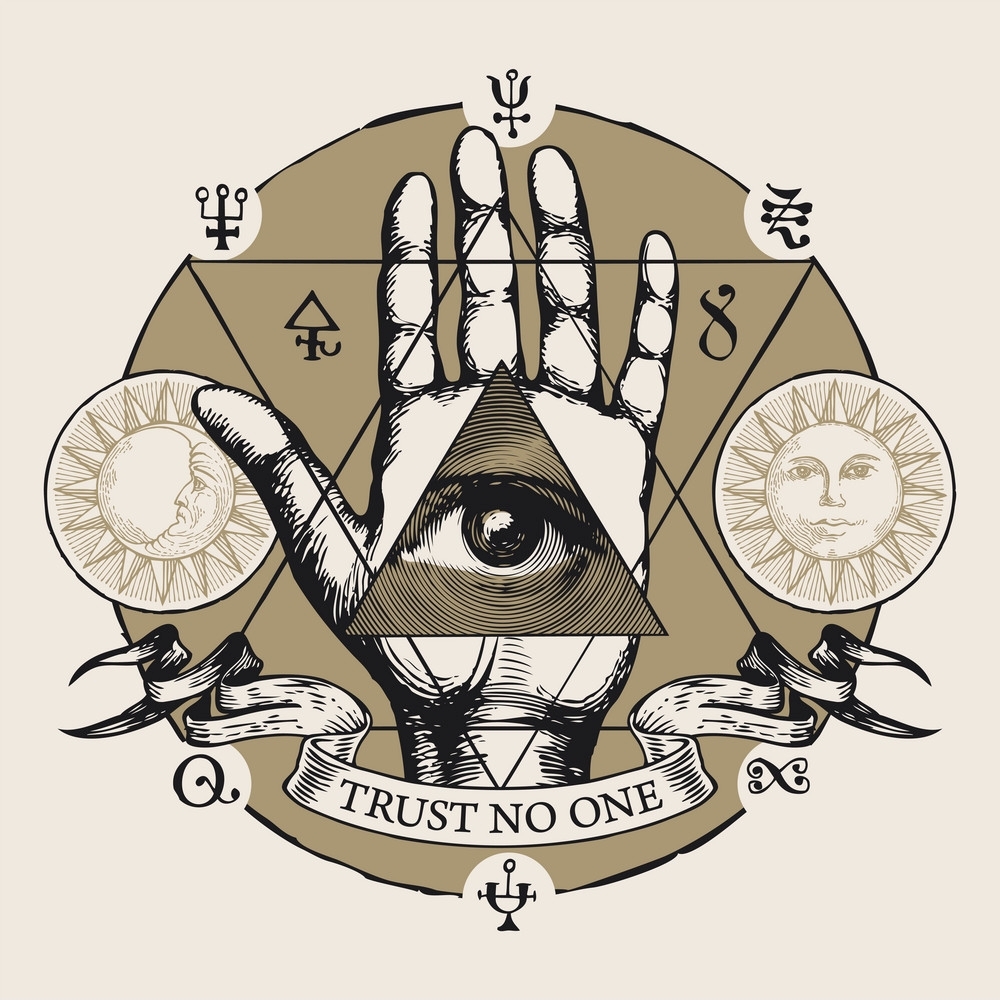For the first time since the outbreak of an antigovernment rebellion in the disputed Indian territory of Kashmir, thousands of Shiite Muslims were permitted to conduct a religious procession commemorating the Islamic holy month of Muharram.
Muharram holds profound significance for Shiite Muslims. It is considered one of Islam’s holiest months, marking the beginning of the new Islamic year. Warfare is strictly prohibited during Muharram and its significance is evident in its name—“Muharram” means “forbidden.”
The procession commemorates the martyrdom of Imam Hussein—grandson of the Prophet Muhammad—and his 72 companions during the Battle of Karbala in seventh-century Iraq. The pinnacle of mourning is Ashura, the 10th day of Muharram.
Clad predominantly in black, mourners gathered July 27 in Srinagar, the region’s capital, expressing their grief by beating their chests and reciting elegies.
Following the eruption of an armed insurgency in 1989, advocating independence from India or merger with neighboring Pakistan, major Muharram gatherings were prohibited from passing through the center of Srinagar, the focal point of the conflict blamed for the deaths or disappearances of tens of thousands of civilians. Muharram processions have nevertheless persisted in other areas within the Indian-controlled region.
In 2019, India’s Hindu nationalist government revoked the region’s partial autonomy and placed it directly under federal control. An unparalleled security clampdown was then implemented, leading to the imprisonment of thousands of Kashmiris and the curtailment of civil rights.
In past years, numerous mourners attempted to defy the ban, resulting in clashes with police who used tear gas to disperse the crowds. However, authorities have now decided to end the ban, citing an improvement in the security situation in the region.
The lifting of the ban followed a series of discussions between Shiite leaders and government officials, but the decision came with certain conditions imposed by authorities, including a prohibition of the use of “anti-national slogans or propaganda” and any acts that might “disrespect any national symbol.”
_______________
From its beginnings, the Church of Scientology has recognized that freedom of religion is a fundamental human right. In a world where conflicts are often traceable to intolerance of others’ religious beliefs and practices, the Church has, for more than 50 years, made the preservation of religious liberty an overriding concern.
The Church publishes this blog to help create a better understanding of the freedom of religion and belief and provide news on religious freedom and issues affecting this freedom around the world.
The Founder of the Scientology religion is L. Ron Hubbard and Mr. David Miscavige is the religion’s ecclesiastical leader.
For more information visit the Scientology website or Scientology Network.
DOWNLOAD THE WHITEPAPER

